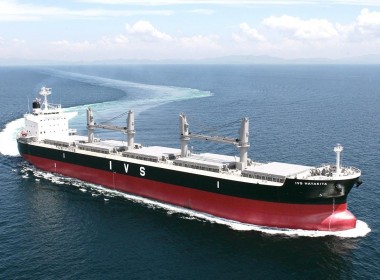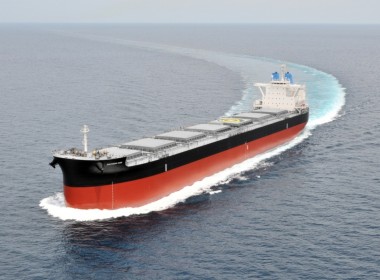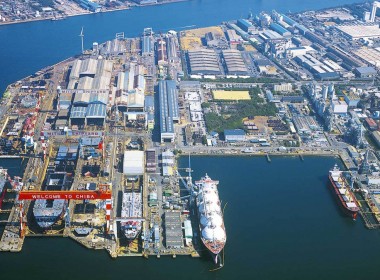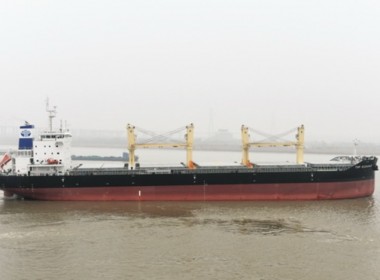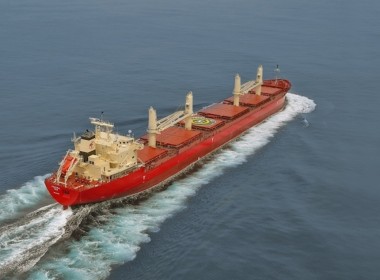FEATURE | Intercargo: Fertiliser-related incident on bulk carrier should prompt cargo classification rethink
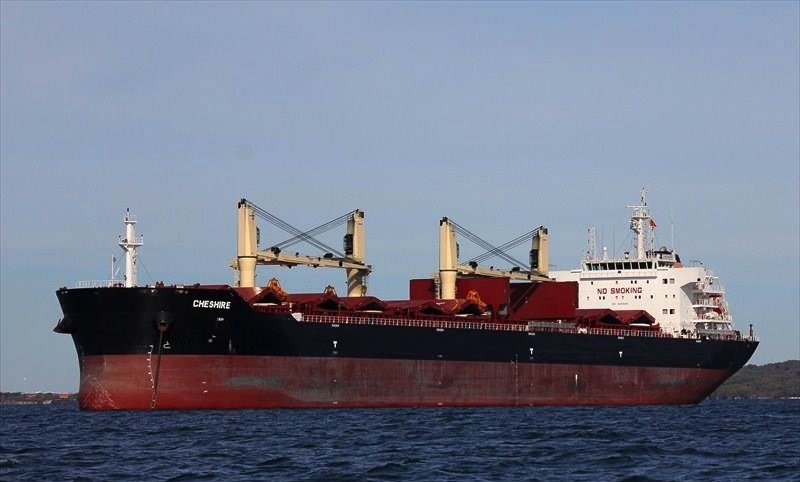
In August 2017, the 2012 built supramax bulk carrier Cheshire, en route from Norway to Thailand, fully loaded with cargo declared by the shipper as being, “ammonium nitrate-based fertiliser (non-hazardous),” and not liable to self-sustaining decomposition, suffered cargo decomposition that led to rising temperatures in the cargo holds and the generation of toxic gases.
The decomposition progressed throughout the length of the vessel to such an extent that, after several days, the vessel’s master took the decision to evacuate the crew. The vessel was then left to drift under the supervision of the Spanish Authorities until being salvaged, but in the end, due to extensive damage, the vessel was declared a constructive total loss.
Intercargo said the recently released casualty report makes some important recommendations, including amending the misleading cargo name from “ammonium nitrate-based fertiliser (non-hazardous)” to “ammonium nitrate-based fertiliser (not otherwise classified)”, the fertiliser manufacturers to provide further information on the behaviour and carriage of this cargo, and consideration of whether the current IMO-stipulated test for assessment of self-sustaining decomposition properties of an ammonium nitrate-based fertiliser is adequate.
Ammonium nitrate-based fertiliser (non-hazardous) is currently designated in the IMSBC Code as a group C cargo. These are cargoes that that do not liquefy (group A) nor possess chemical hazards (group B). According to Intercargo, this cargo, or at least some of the ammonium nitrate based fertilisers shipped as this cargo, should not be treated as group C.
Intercargo said it hopes that future work at the IMO will lead to the correct designation and description of this cargo within the IMSBC Code, thus furthering the safer carriage of cargoes and safer voyages.
Other recommendations in the report include the provision of specialist equipment onboard the vessel, monitoring of the cargo atmosphere by the crew, and the development of cargo and ship specific procedures related to the carriage of this cargo. Intercargo further beleives that these additional precautions, which are being called upon to be the responsibility of the vessel, ought to be unnecessary if the cargo is group C.


